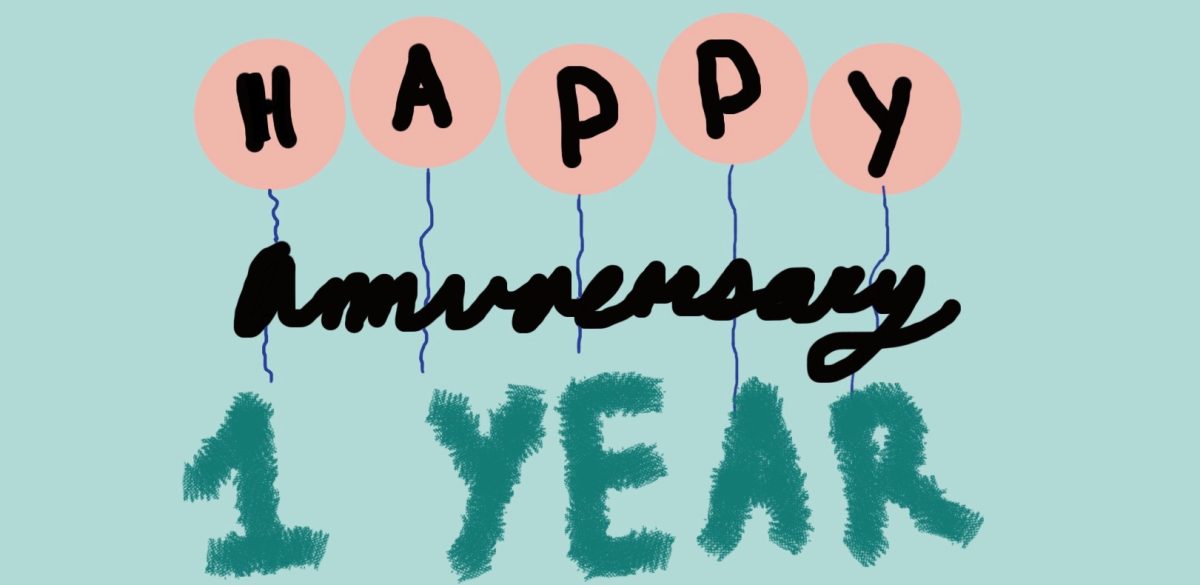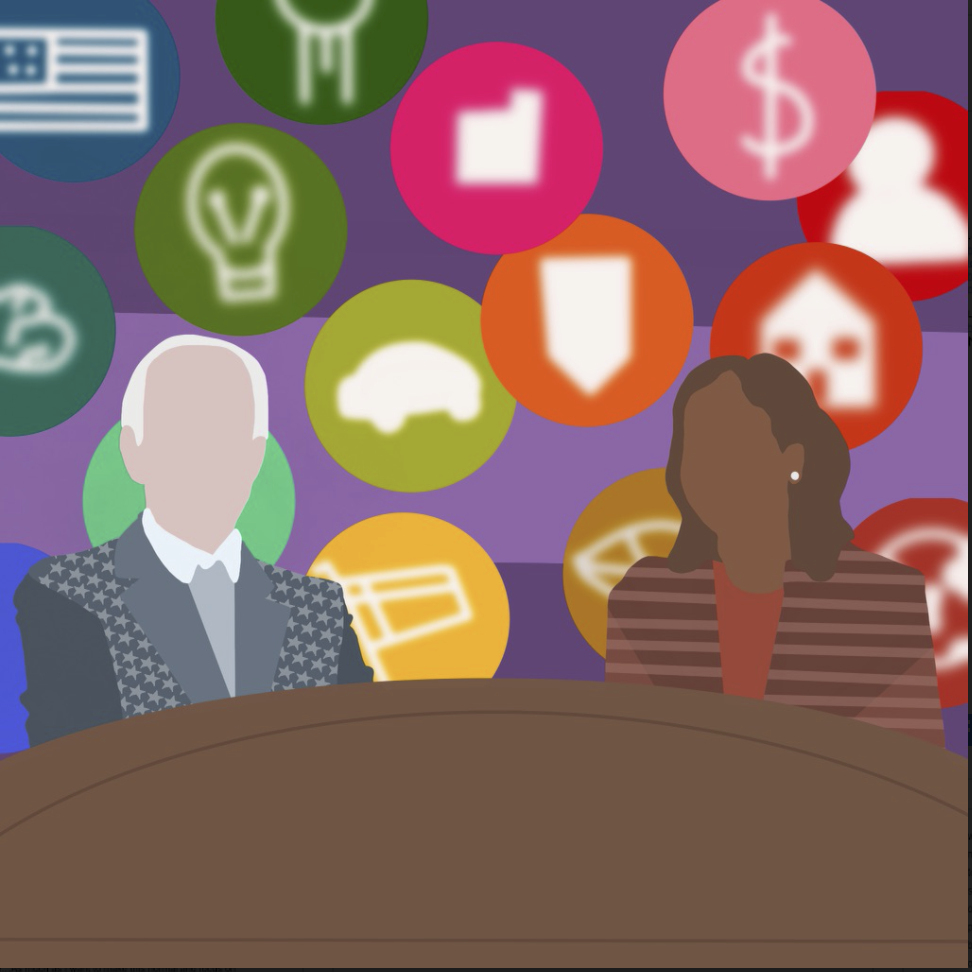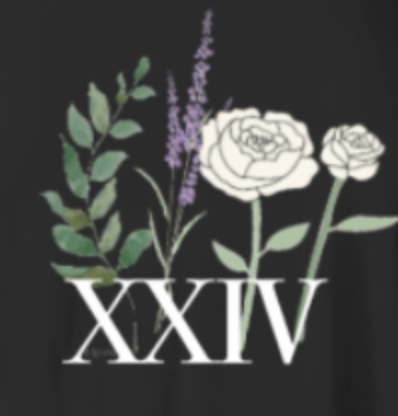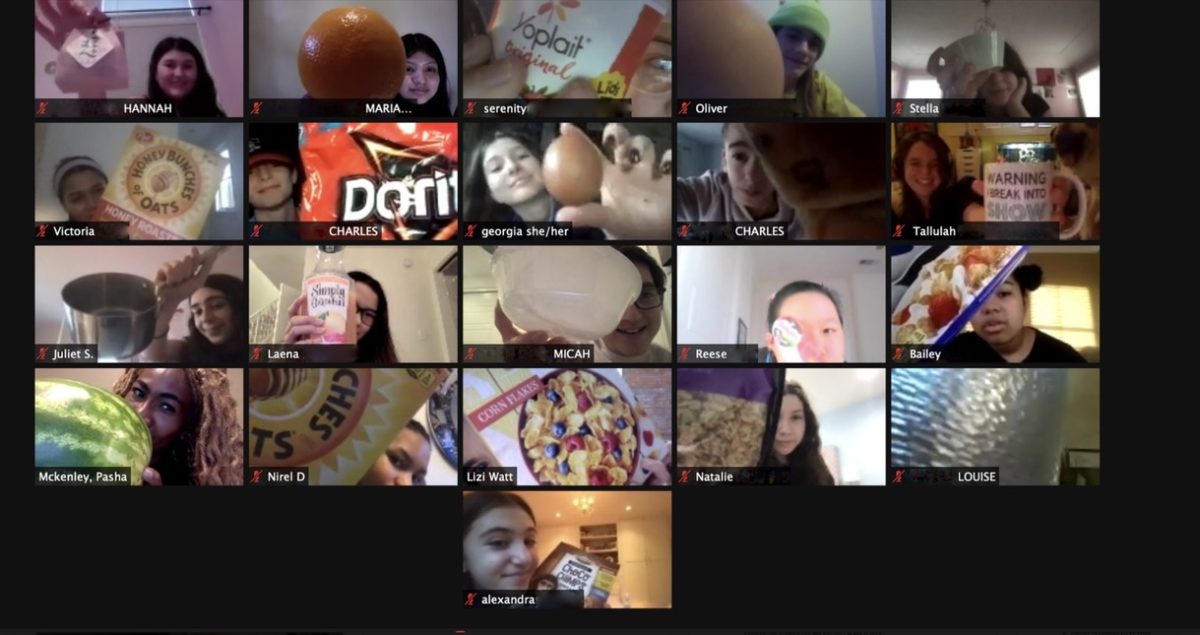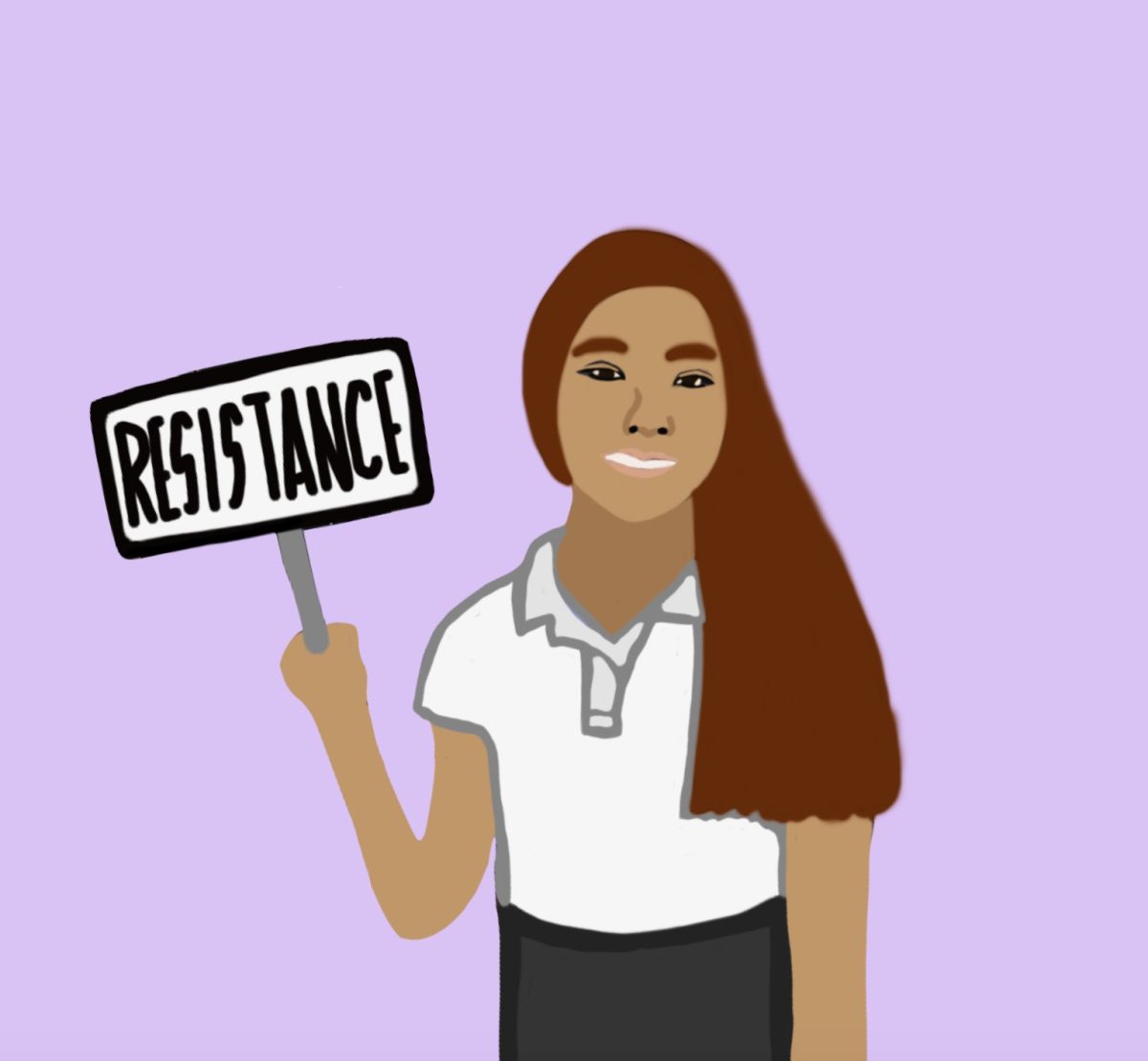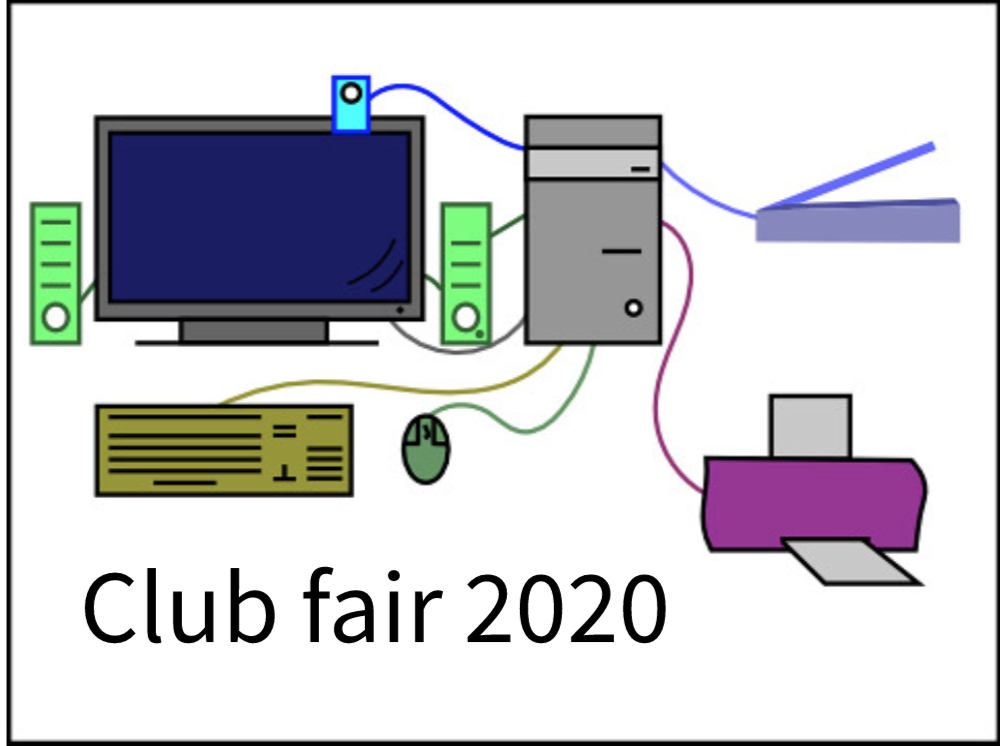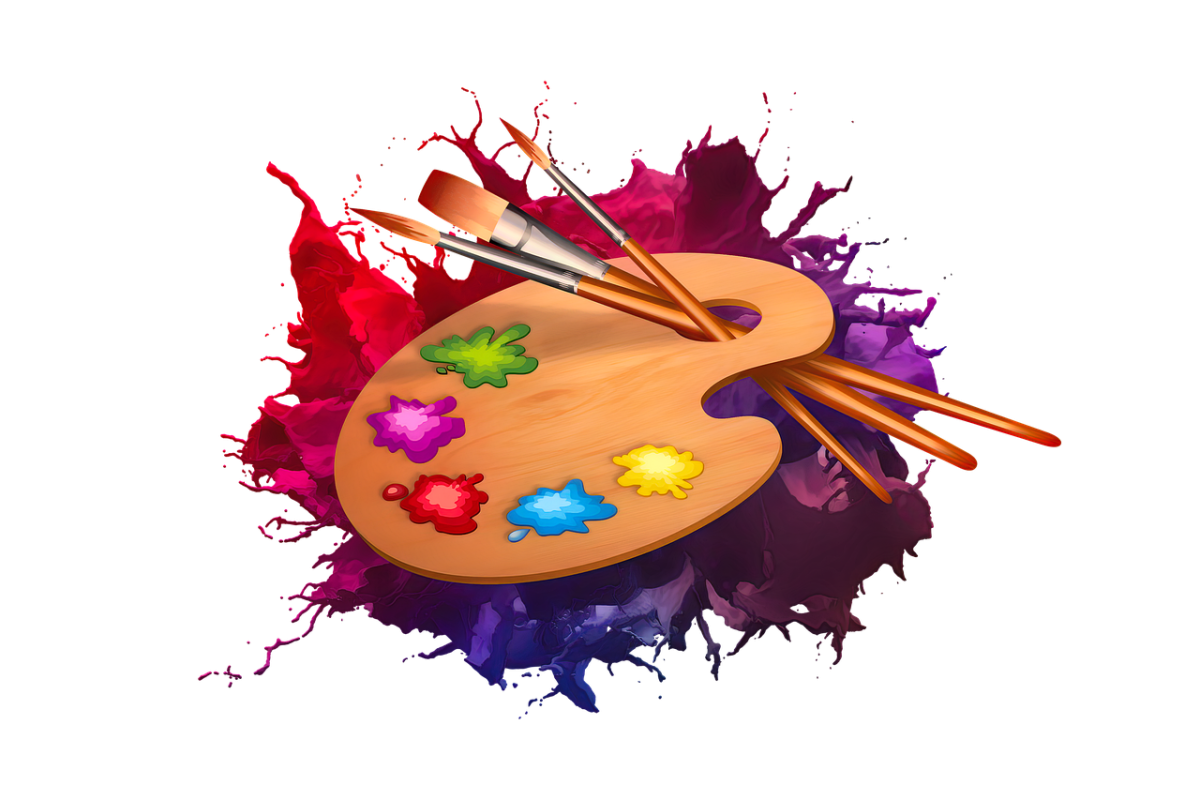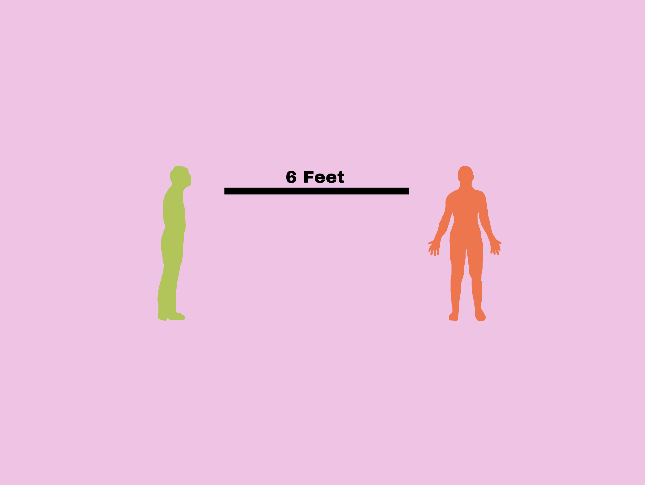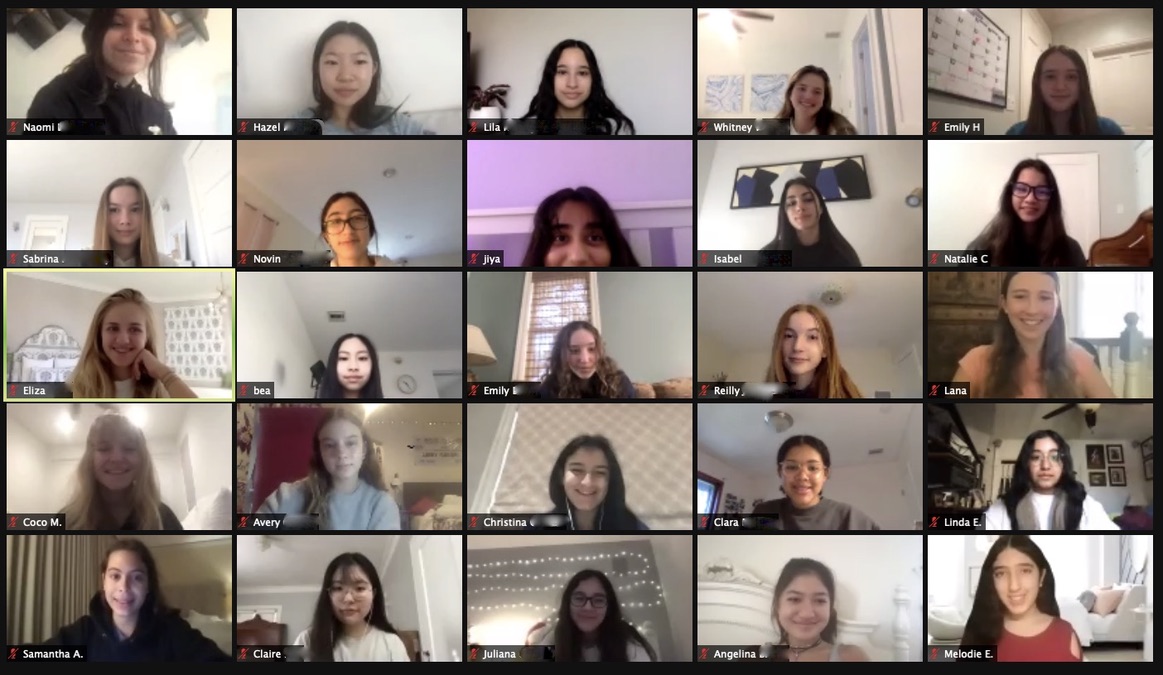
It has become increasingly apparent that our nation is not whole. We have sharply divided ourselves based on the candidates that we support and the policies that we want to be passed. But when did our citizens start cloistering themselves from those with different views? Is this a problem that needs to be fixed or is the current polarization for the best?
According to Ian Haney López at the Berkeley School of Law, our party system used to be more heterogeneous, with both liberal and conservative Democrats and Republicans. However, both the Civil Rights Movement and Richard Nixon’s campaign strategy realigned the parties into the closed-off groups we see today.
Debate Program Head Adam Torson believes that we should remain open to staying close with those who disagree with us.
“Democracy means living and getting along with people who have different ideas than us,” Torson said. However, he does add that some beliefs may be so amoral that it wouldn’t make sense to discuss them; it’s a balance. Mrs. Mendoza, a history and social sciences instructor, seconded that thought.
“Whilst I think that everyone should be able to have their own political beliefs,…if someone has a belief that goes against basic freedoms and basic human rights, or equity and equality in this country, then for me that’s really hard to separate,” Mendoza said.
But how can we decide the difference between the two?
Mendoza has some helpful criteria.
“We have rights to our freedoms and access to resources, the ability to have an education, the ability to have a job…If someone has political beliefs that prevent that from happening, that’s what I see as the key difference,” she said.
Although it may seem like everyone you know shares your personal views, they may not.
Mendoza highlights the importance of not being afraid to share your own opinion with others. “One way that we’ve really come to think about this is relying on the class agreements that we’ve made at the beginning of the year, and using those as values in our classroom…You can talk about what you read or see in the news from a factual perspective.”
According to James Fallows at NPR, even facts are becoming debatable. Not only do people have different values and opinions, but they also have different beliefs on what statements are actually true.
“We don’t want to fall victim to the solution that it would be better to just say nothing about politics because that means that we…can’t practice the arts of citizenship in a democracy, and we also don’t want to pretend that all points of view are equally correct,” Torson said. “What we would rather do is have everybody hold themselves to a really high standard of evidence, so that whatever you believe…hold yourself to a standard of ‘why do I believe what I think?’”

